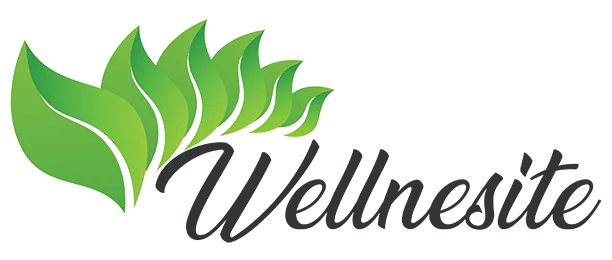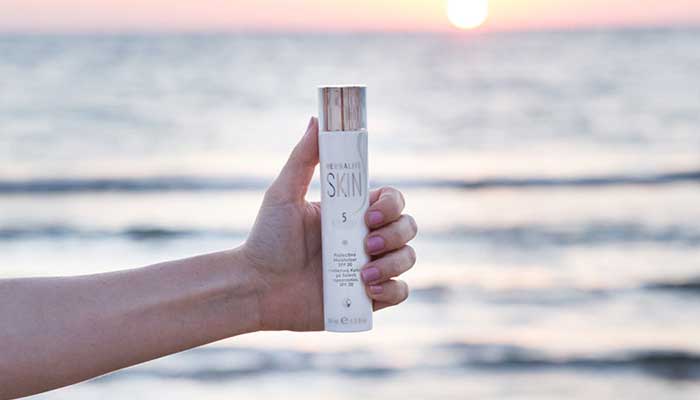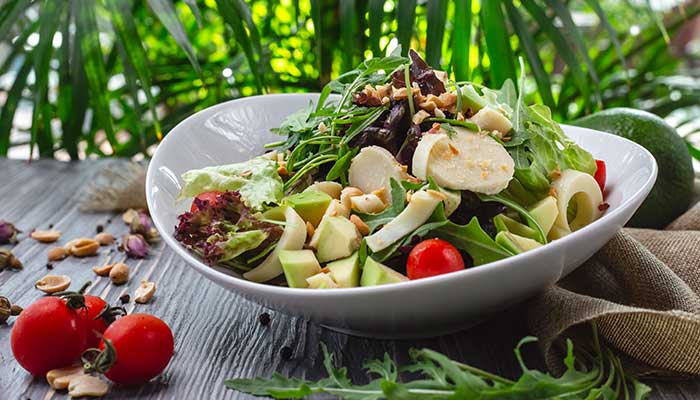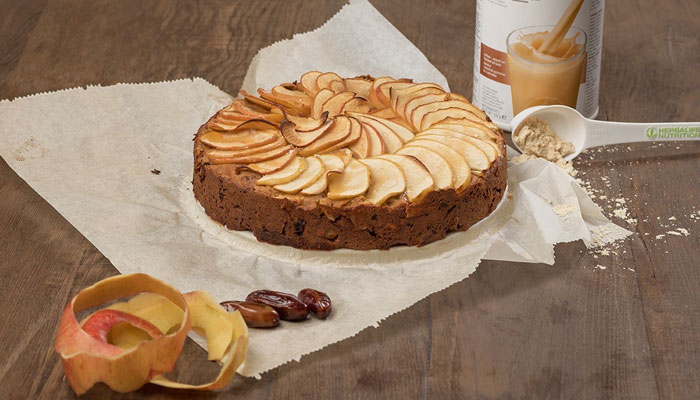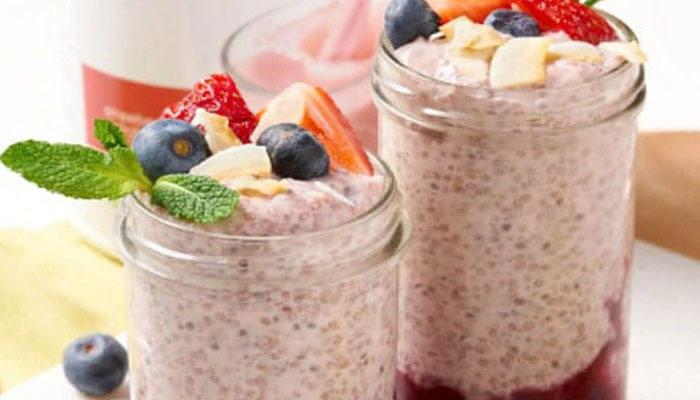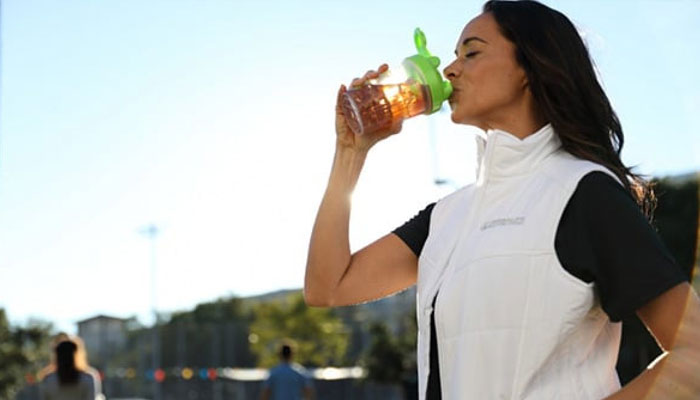While some of us like to brush up on the local lingo before we go on holiday, there’s another language to master, too: the language of sun protection. What is UVB? Is there really a difference between SPF20 and SPF30? And what do they mean by ‘water resistant’? If you’re not fluent yet, here’s a handy guide:
UVA
Translation: Ultra Violet A, the long wavelengths that carry radiation from the sun. Exposure to UVA can cause wrinkles, leathery skin and pigmentation1. The easiest way to remember it is A for aging.
UVB
Translation: Ultra Violet B, the short wavelengths that cause burning and have links to skin cancer1. Think ‘B for burn’. Both UVA and UVB protection is rated on a scale of 0-5 stars on sunscreen packaging, with 5 stars offering the highest level of protection.
SPF
Translation: Sun Protection Factor, which is rated on a scale of 2-50+ with 30 being the minimum recommendation of dermatologists. The SPF in your sunscreen helps block UVB rays.
Broad spectrum
Translation: A sun protection product that acts against UVA and UVB rays, giving more all-round protection1.
Water-resistant
Translation: NOT ‘water proof’! Never count on your skin being protected just as well after a dip as after your first application of sunscreen. Apply and re-apply regularly1.
Remember, apply a broad-spectrum product regularly and consider using a protective day cream on more sensitive skin such as the face every day of the year (like our SKIN protective day cream SPF30), stay out of the sun during the hottest part of the day, and don’t forget a hat!
